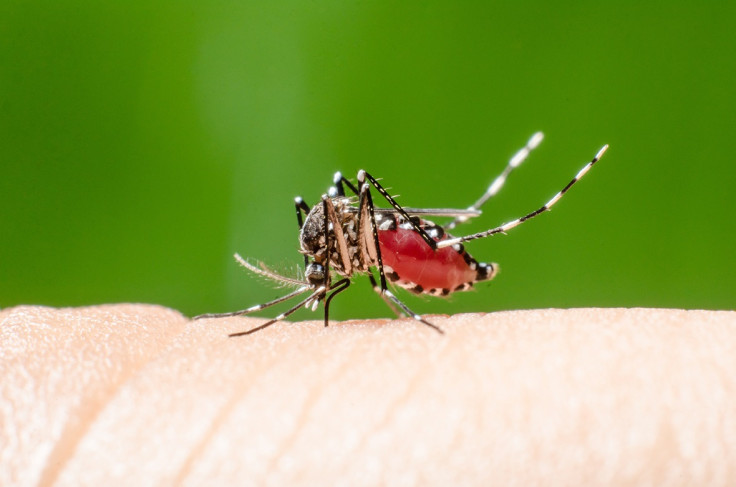Scientists identify the protein enabling the malaria parasite's to rapidly infect people

The reason for the rapid spread of the malaria parasite in its victims' bodies has now been explained. Scientists say protein molecules called cyclins enable cells to divide rapidly in the parasite.
The findings of a study led by a team from the University of Nottingham could lead to new malaria treatments. At present, the disease causes 500,000 deaths annually.
A cyclin is a key protein molecule used in cell division. They have been studied extensively in humans, yeasts and plants. Until now, however, little has been known about their role in the malaria parasite.
Research published in the journal PLoS Pathogens has classified the number and kinds of cyclins present in malaria parasites. Dr Bill Wickstead, from the School of Life Sciences at the University of Nottingham, has identified three types of cyclin genes in the parasite: far fewer than in the human body. When compared with other sets of cyclins, Wickstead said, they caused an "exciting type of cell division".
Professor Rita Tewari then carried out an analysis of a cyclin in the malaria parasite to find out more about their function. She discovered that the cyclins in the parasites made cells divide very rapidly, thus helping the parasites to spread quickly in red blood cells.
Whether cyclin is the key to a malaria cure remains unclear. Further research is being carried out to work out exactly why cyclin speeds up cell division. The hope is that this will assist understanding of how the parasite thrives inside mosquitoes and humans, potentially leading to new treatments.
Dr Magali Roques, lead author of the study, said the research "will definitely further our understanding of parasite cell division, which I hope will lead to the elimination of this disease in the future".
Malaria is caused by a parasite called plasmodium which hides in the liver to begin with, before entering into the bloodstream and infecting the red blood cells which carry oxygen around the body. The current research breakthrough comes against a backdrop of promising progress in the fight against the disease. In Africa, it is estimated that 700 million cases of malaria have been prevented by current treatments since 2000. It is no longer the biggest cause of death on the continent.
© Copyright IBTimes 2025. All rights reserved.





















